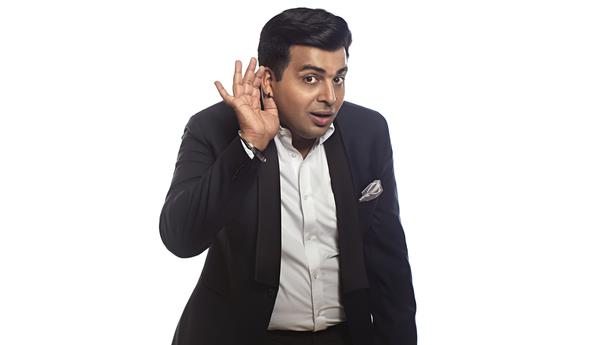
Comedian Amit Tandon on the final tour of his standup special ‘Masala Sandwich’, writing for OTT, and more
The Hindu
The standup comedian explains how he can repeat jokes and still make it sound fresh
A joke, as it gets repeated, can stale swifter than a bowl of fruit salad and cream left out in the open. This is true for the listener of the joke, obviously. For the teller, too, repetition can get tiresome. Standup comics have to do this, show after show, to earn laughter. Ask Amit Tandon, who is about to retire his two-year-old show, ‘Masala Sandwich’, which, on its final tour, is making a stop in Bengaluru on June 26.
“Singers repeat their songs for 25 years. We retire our jokes after two years,” he laughs. “Every time you perform, you keep adding to or subtracting from the jokes, which helps to retain their freshness. When you’re doing live shows, repeating doesn’t make it boring because every time it is a different crowd. And, there will always be that 5% difference in the crowd of Delhi compared to the crowd of Calcutta.”
Repetition in performance art, he adds, is common. “Look at some of the popular plays, for example. Hamilton has been repeated twice every day on Broadway for the last seven or eight years. Yet you feel the same level of energy with the performers every time. It is up to the performers to make it seem fresh every time.”
Also, no two shows are the same. The script is slightly altered each time. On-stage extempore helps too. “I use the first few minutes of my show to gauge the audience. For instance, if I am doing a show in Agra, I would make some Agra-specific jokes. I do a mix of Hindi and English jokes. I try to see what language they are more comfortable with and change the proportion accordingly.”
Standup comedy, according to Amit, is a bit psychological. “As a comedian, you are trying to read people all the time. When you are on stage, one part of the brain is trying to remember all the jokes and the other part is processing the response of the audience. Even off it, every person you see is a potential character in the stories you write.”
Of late, there seems to be a lull in the Indian standup scene. The pandemic, Amit reckons, is one of the reasons for this. “Another reason is that a lot of comedians are doing non-standup stuff. They are doing films, OTT shows. So you feel a reduced activity in the standup space. Louis CK, Bill Burr or Ricky Gervais are not just standup comics; they see themselves as creators. That’s what is happening here as well.”
Amit, too, is working on an OTT series. He says the process is very different from writing for standup comedy. “For instance, in a show, you’re writing dialogue as opposed to a monologue. That is a big difference. You have to visualise a lot – the characters, the environment, and all that. You need to describe what is happening scene by scene. It is something I am still learning. I read a lot of screenplays to understand how to write one.”

‘Love Scout’ K-Drama review: Han Ji-min and Lee Jun-hyuk lead a mature, refreshing workplace romance
‘Love Scout K-Drama’ review: A refreshing, mature workplace romance












